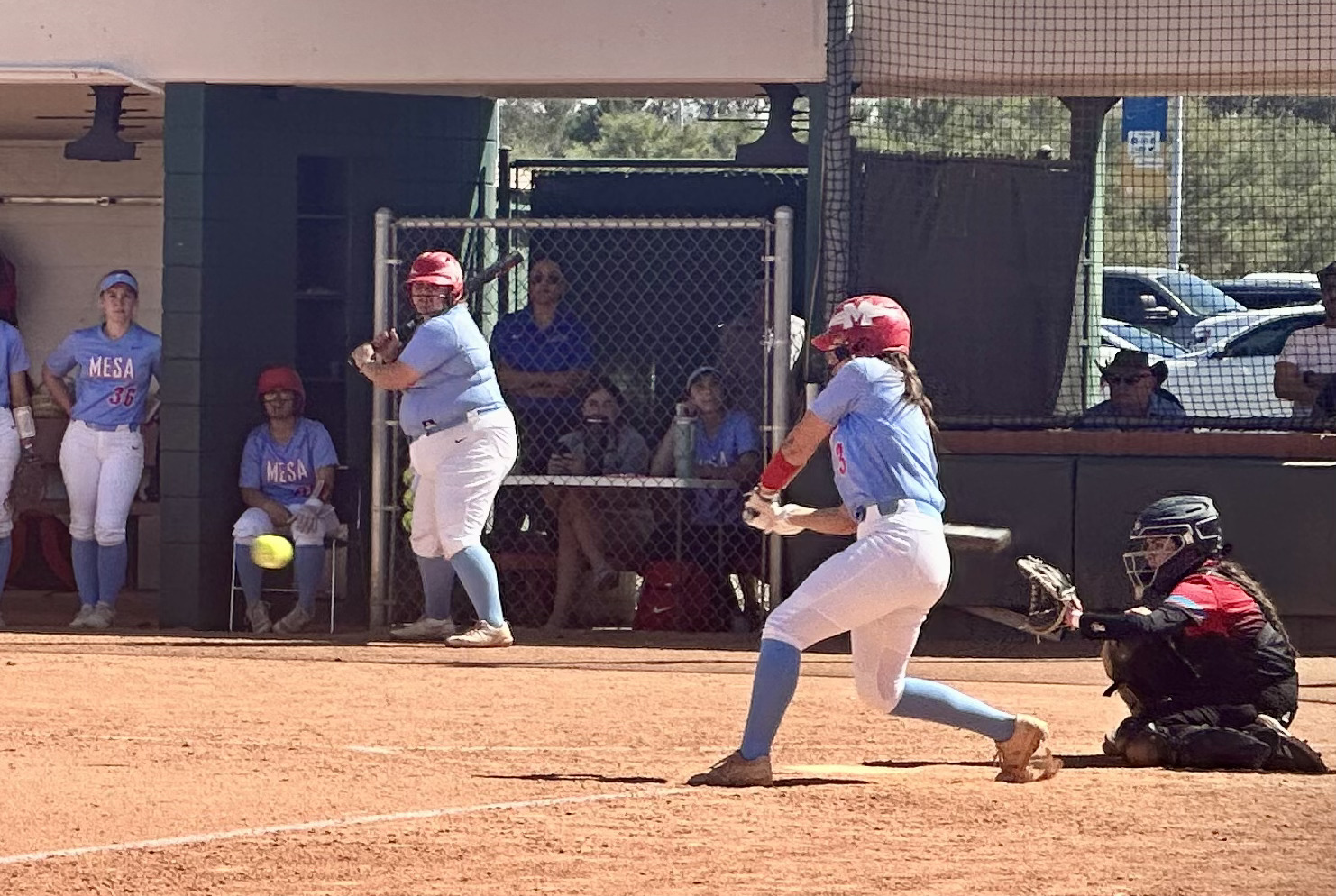“Little Woods” is a medicinal western crime drama
“Little Woods”, a modern interpretation of a western, screened at Chandler International Film Festival ahead of its domestic release.
“Little Woods” stars Tessa Thompson and Lily James, who play sisters Ollie and Deb, as they are pressured by outside forces to act outside the law.
The film begins with its protagonist getting arrested while crossing the Canadian border with drugs for her community.
As the film picks up Ollie (Thompson) is confronted by several forces in her life that force her of the path of rehabilitation and back into smuggling.
One of these forces is her sister Deb (James) and her issues finding pre-natal care in the states.
As Ollie and Deb push deeper into the fringe they plunge further into the underbelly of the American healthcare system.
Thompson portrays the practitioner outlaw Ollie with a hesitancy, anger, and implicit empathy that draws the viewer into her struggle.
As Ollie is confronted by different people in her community their needs become her worries and her willingness to re-enter her trade seems reasonable.
Thompson gives her most patient and prolonged performance yet, neither the “Creed” franchise or “Sorry to Bother You” gave Thompson this much to work with.
Thompson takes that investment and returns it tenfold with a performance that cements her as one of the most interesting young actresses in the industry.
Thompson’s character, Ollie, also deals with industry as her struggling industrial community can’t retain access to healthcare while working.
Ollie’s sister, Deb, struggles with access to healthcare in an entirely different way as she confronts the costs of having a baby in America.
“Little Woods” examines the failures of the American healthcare system in a crime-narrative nestled within a western.
What starts as a redemption tale and dry noir-western quickly becomes a commentary on America’s Healthcare issues and border security that forces us to examine the consequences felt on working class America.
Deb’s struggle to find pre-natal care a reproductive healthcare forces us to consider what the American healthcare system expects from young mothers.
While Ollie’s struggle invites viewers to consider the difficulties of working class life and the appeal of crime as well as the ways in which the healthcare system fails working class peoples.
The film boils down to being a tale of two sisters caught up in forces outside of their control who must take care of themselves before they can begin take care of others.
“Little Woods” is far more concerned with its narratives and themes than it is with the arcs of the characters within it.
Thompson’s character Ollie ends the film in roughly the same place she began only having compromised her integrity with the audience.
If Ollie is to move away, as her character intends, the viewer can only assume that she’ll bring her smuggling trade along with her.
If the films intention was to use this loss of integrity to depict the cyclical nature of recidivism then it failed to explore this concept as thoroughly as others.
Overall, the characters in the film are no better or worse off than they were when the film began.
“Little Woods” is an excellent film for fans of slow burn crime dramas, social examinations, or the formula and pacing of westerns.
However, movie goers looking for a through examination of the healthcare crisis or border security may want to look elsewhere.
Look for “Little Woods” in theaters in your area in April.










